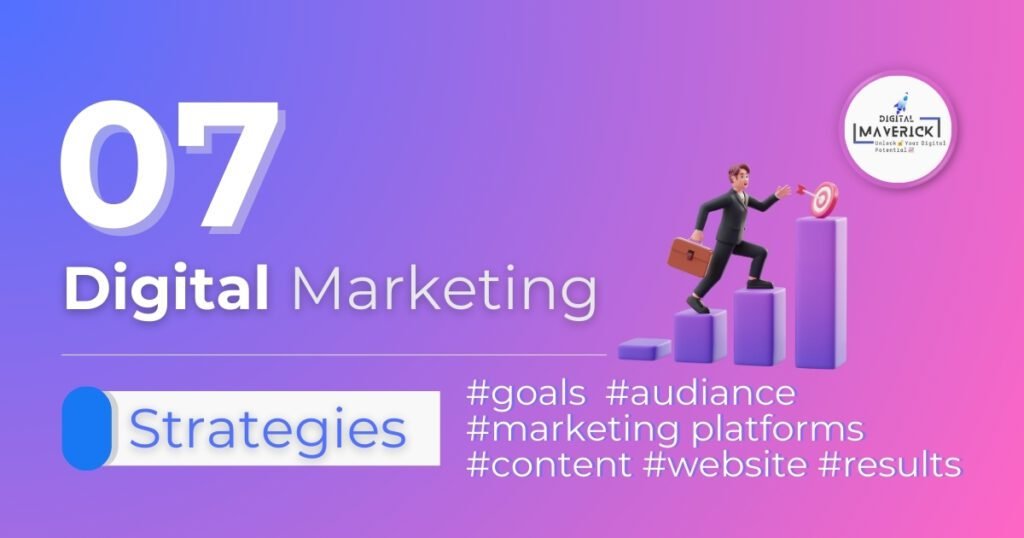7 Powerful Digital Marketing Strategies to Supercharge Your Growth
🧐Looking to improve your digital marketing skills?
This blog post covers powerful digital marketing strategies to supercharge your growth. From mastering search engines to captivating social media tactics, driving brand awareness, increasing sales, and achieving digital marketing supremacy.
Let’s explore 7 Powerful Digital Marketing Strategies

#1. Define 🥅 Goals & objectives
Goals
In 7 Powerful Digital Marketing Strategies, goals are broad, long-term aims that define what you want to achieve with your efforts. They set the general direction and vision, aligning your marketing strategies with overall business objectives.
Examples:
👉🏻 Increase brand awareness
👉🏻 Drive lead generation
👉🏻 Boost online sales
Objectives
In digital marketing, objectives are specific, measurable steps taken to achieve your broader goals. They are detailed, actionable, and time-bound, providing clear criteria for success and enabling progress tracking.
Examples:
👉🏻 Increase website traffic by 25% in six months
👉🏻 Generate 500 new leads in the next quarter
👉🏻 Boost online sales by 15% in the next year
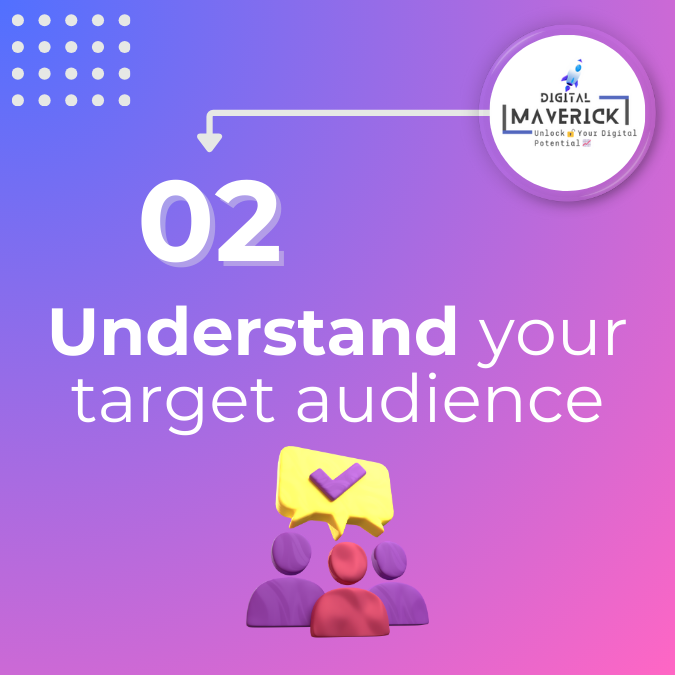
#2. Understand your 🎯Target audiance
Another critical aspect of 7 Powerful Digital Marketing Strategies is understanding your target audience. By identifying your ideal customer’s demographics📊, interests🧐, and online behaviors🌐, you can tailor your messaging and choose the channels to reach them.
This will significantly improve the effectiveness of your digital marketing campaigns.
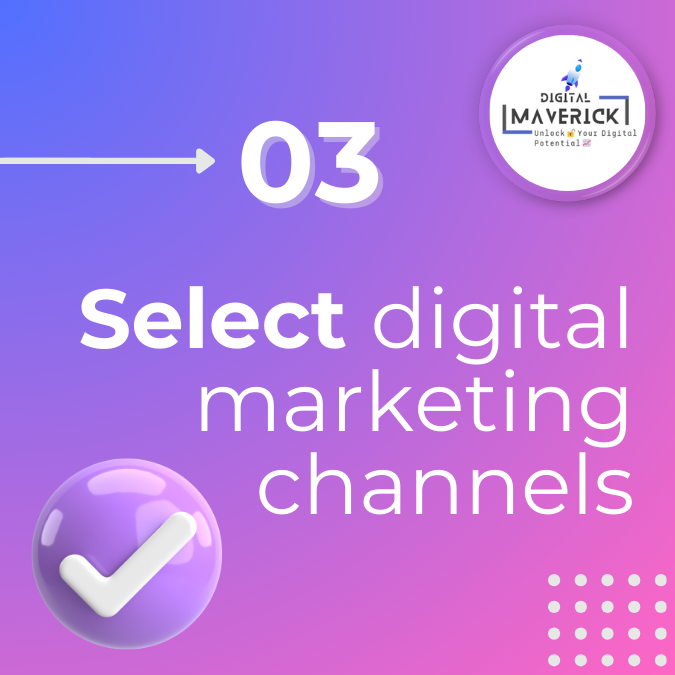
#3. Select digital 👆🏻 marketing channels
Several digital marketing channels include 🔍 search engine optimization (SEO), social media marketing, paid advertising, email marketing, and content marketing. Some channels will be more effective depending on your 🎯target audience and 🥅 goals.
For example: social media and content marketing could be your best bet to increase brand awareness like Facebook, Instagram, Youtube and Reddit. On the other hand, if you’re aiming to generate leads, paid advertising and email marketing may be more effective like Google Ads.
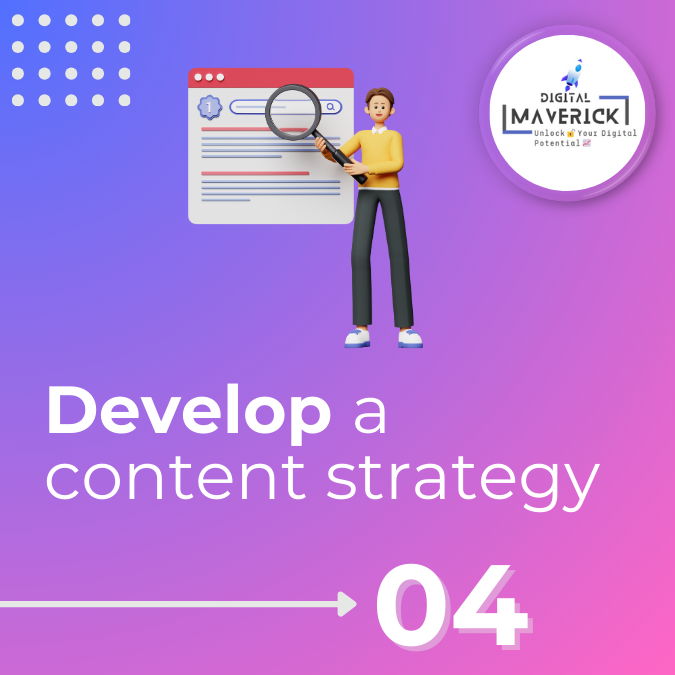
#4. Develop a content strategy
Content is 👑The King in the digital world. Creating high-quality, engaging content that resonates with your 🎯target audience and aligns with your brand messaging is crucial.
A content strategy should be developed based on your goals and target audience.
For instance, if you want to boost sales, your content strategy could focus on product descriptions and customer testimonials.
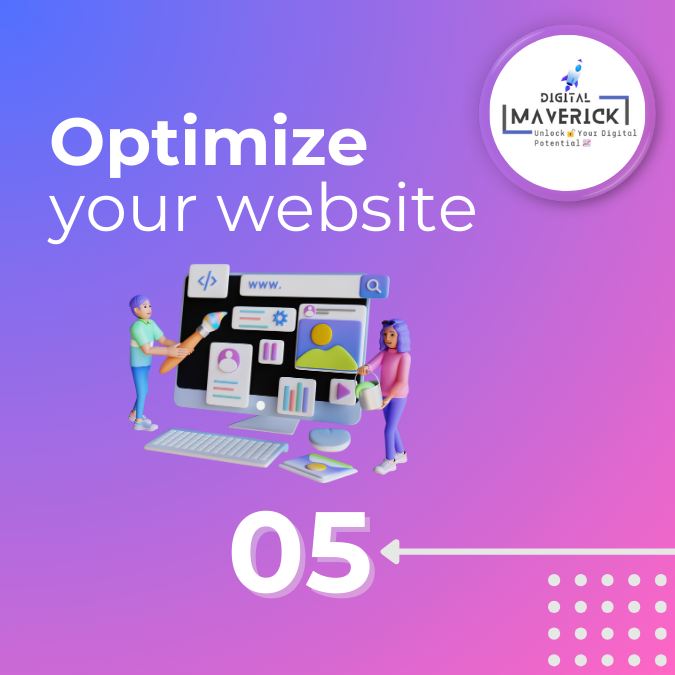
#5. Optimize your 🌐website
Your website is your business’s online face and needs to be optimized. This means ensuring it’s📱mobile-friendly, has a straightforward navigation structure, and loads quickly. Relevant keywords🔑 should also be used to improve its visibility on search engines.
Key Strategies
Mobile-Friendliness
👉🏻 Use responsive design for various screen sizes.
👉🏻 Ensure mobile and desktop versions have aligned content.Straightforward Navigation
👉🏻 Implement a straightforward, intuitive menu.
👉🏻 Use breadcrumb navigation.
👉🏻 Include a search bar for easy content finding.Fast Loading Times
👉🏻 Compress images.
👉🏻 Reduce HTTP requests by combining files.
👉🏻 Enable browser caching.
👉🏻 Use a Content Delivery Network (CDN).SEO and Relevant Keywords
👉🏻 Conduct keyword research.
Use tools like Google Keyword Planner, SEMrush, or Ahrefs.
👉🏻 Naturally, integrate keywords into content.
👉🏻 Create and update high-quality content0.
👉🏻 Optimize technical SEO elements (e.g., XML sitemaps).
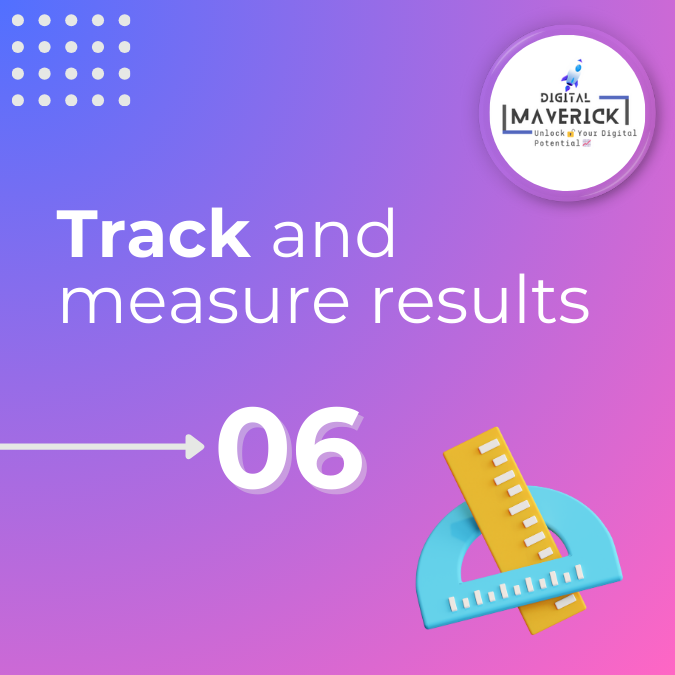
#6. Track and measure ⚖️results
Second Last 7 Powerful Digital Marketing Strategies is need to track the performance of your digital marketing campaigns regularly. Analytics tools such as Google analytics can help you monitor website traffic, lead generation, and conversion rates.
You can adjust accordingly if you notice that specific campaigns or channels perform better than others.
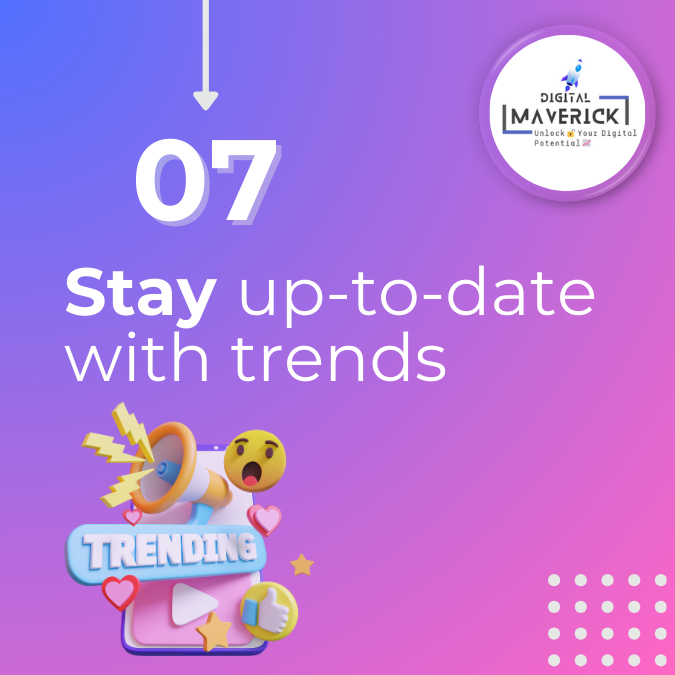
#7. Stay up-to-date with trends 📈
Staying up-to-date in digital marketing is essential to remain competitive in an ever-evolving landscape. Keep abreast of industry trends, emerging technologies, and algorithm changes from significant platforms like Google and social media networks.
Engage with reputable sources such as industry blogs, forums, and podcasts to stay informed about the latest strategies, tactics, and best practices.
Participate in webinars, workshops, and conferences to gain insights from experts and network with peers. Additionally, invest time in continuous learning through online courses and certifications to deepen your understanding of key digital marketing disciplines such as SEO, SEM, social media, and content marketing.
By staying informed and adapting to new developments, you can effectively navigate the dynamic digital marketing landscape and drive success for your business or clients.

